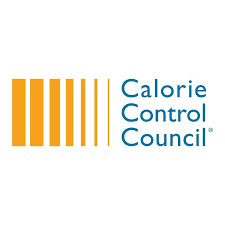WASHINGTON, July 13, 2023 (Newswire.com) - The Calorie Control Council, an international association representing the low-calorie food and beverage industry, supports the World Health Organization's (WHO) findings regarding the safety of aspartame, that aligns with more than 90 credible global scientific and regulatory food agencies that have extensively reviewed aspartame and determined it is safe.
JECFA is charged by the WHO to evaluate ingredients like aspartame and determine their safety. After conducting a thorough re-assessment, JECFA concluded there are no concerns regarding adverse effects of consuming aspartame at current levels and reaffirmed the acceptable daily intake level (ADI), underscoring its previous conclusion that aspartame is safe.
"The JECFA ruling not only confirms the four decades of science concluding aspartame is safe but also provides real-life context around the safe consumption of this ingredient," said Robert Rankin, President, Calorie Control Council. "In order to reach JECFA's conservative ADI estimates, the average 150 lb. person would need to consume about 14 12-oz cans of diet beverages or about 74 packets of aspartame-containing tabletop sweetener every day over the course of their life to raise any safety concern. Obviously, that level of consumption is not realistic, recommended, nor is it aligned with the intended use of these ingredients."
"Consumers have a strong desire for reliable and science-based information and JECFA's review reaffirms the overwhelming body of evidence that confirms aspartame is safe. To assert otherwise is misleading, inaccurate, and fearmongering to the nearly 540 million people globally living with diabetes and millions of others managing their body weight who rely on and/or chose products that contain low- and no-calorie sweeteners such as aspartame," continued Rankin.
Consumers who look to low- and no-calorie sweeteners - including aspartame - for managing sugar and calorie reduction can continue to feel comfortable knowing it has been proven a safe and effective choice based on the findings of global health organizations which review the relevant scientific evidence regularly.
###
About the Calorie Control Council
The Calorie Control Council, established in 1966, is an international association representing the low- and reduced-calorie food and beverage industry. Today it represents manufacturers and suppliers of low-, no- and reduced-calorie foods and beverages, including manufacturers and suppliers of more than two dozen different alternative sweeteners, dietary fibers, and other low-calorie, dietary ingredients. More at caloriecontrol.org.
Contact Information:Robin Applebaum
[email protected]
678.303.2980
Original Source: The Calorie Control Council Comments on the World Health Organization's Review of the Safety of Aspartame




